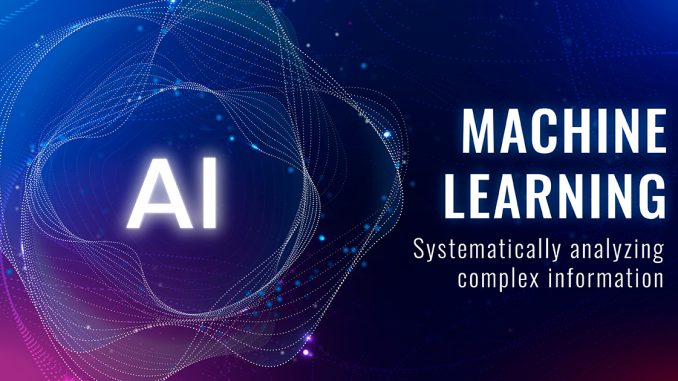
Artificial Intelligence (AI) is rapidly transforming our world. From personalized recommendations on streaming platforms to self-driving cars and medical diagnostics, AI is already embedded in our daily lives. But what does the future hold for this groundbreaking technology?
In this post, we’ll explore the future of AI, focusing on key trends, potential impacts, and how industries and individuals can prepare for the next wave of AI innovation.
What Is Artificial Intelligence?
AI refers to the ability of machines to perform tasks that typically require human intelligence, such as learning, reasoning, problem-solving, and language understanding.
Top 5 Predictions for the Future of AI
- AI Will Transform the Workforce
AI is expected to automate routine tasks, leading to both job displacement and the creation of new roles. While some jobs will be lost to automation, others—like AI ethicists, data scientists, and machine learning engineers—will see a boom.
Key Insight: The World Economic Forum predicts that AI will create 97 million new jobs by 2025, even as it displaces some traditional roles.
- Smarter, Safer Healthcare
AI will revolutionize healthcare with faster diagnoses, personalized treatments, and advanced robotic surgeries. AI-powered tools are already detecting diseases like cancer and diabetes earlier than ever before.
Example: Google’s DeepMind recently developed an AI model that can diagnose over 50 eye conditions as accurately as top doctors.
- Hyper-Personalized Experiences
AI will drive hyper-personalization in retail, education, entertainment, and more. Imagine shopping experiences, learning platforms, and video content tailored precisely to your habits and preferences.
- AI and Ethics Will Take Center Stage
As AI becomes more powerful, ethical concerns—like bias, surveillance, and misinformation—will intensify. Governments and tech companies will need to work together to establish clear AI regulations and ethical frameworks.
- AI + Quantum Computing = Next-Level Intelligence
The fusion of AI and quantum computing could unlock capabilities beyond today’s imagination—solving problems that classical computers can’t tackle, such as simulating complex molecules for drug discovery.
Industries Most Affected by AI
| Industry | AI Impact |
| Healthcare | Diagnosis, drug development, patient monitoring |
| Finance | Fraud detection, algorithmic trading, credit scoring |
| Transportation | Autonomous vehicles, smart traffic management |
| Retail & E-Commerce | Personalized shopping, inventory management |
| Education | Adaptive learning, AI tutors, automated grading |
How to Prepare for the AI Future
- Learn AI-related skills like data analysis, programming (Python), or prompt engineering.
- Stay updated on AI trends and tools like ChatGPT, Bard, and Claude.
- Focus on creativity, critical thinking, and emotional intelligence—skills AI can’t replace.
Final Thoughts: Embrace AI Responsibly
The future of AI is not about man vs. machine, but about how humans and AI can collaborate for a better, smarter world. By embracing innovation while maintaining ethical boundaries, we can shape an AI-driven future that benefits everyone.
